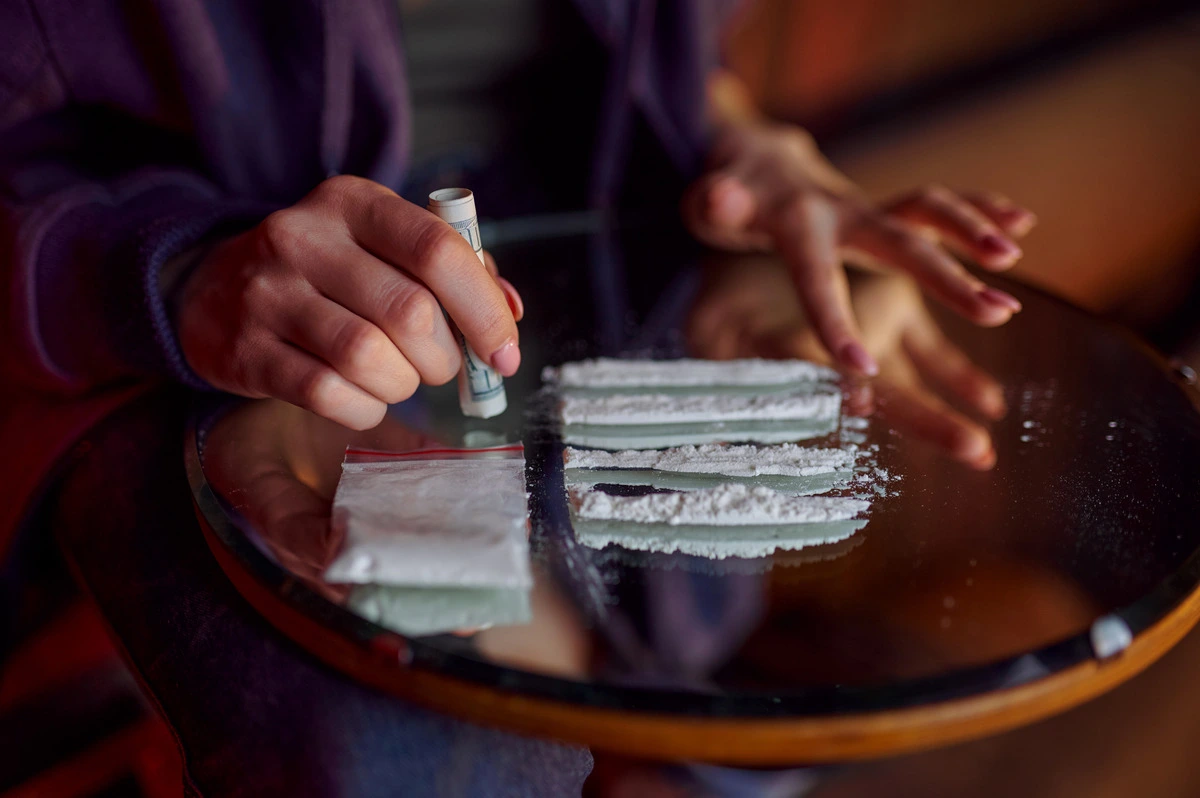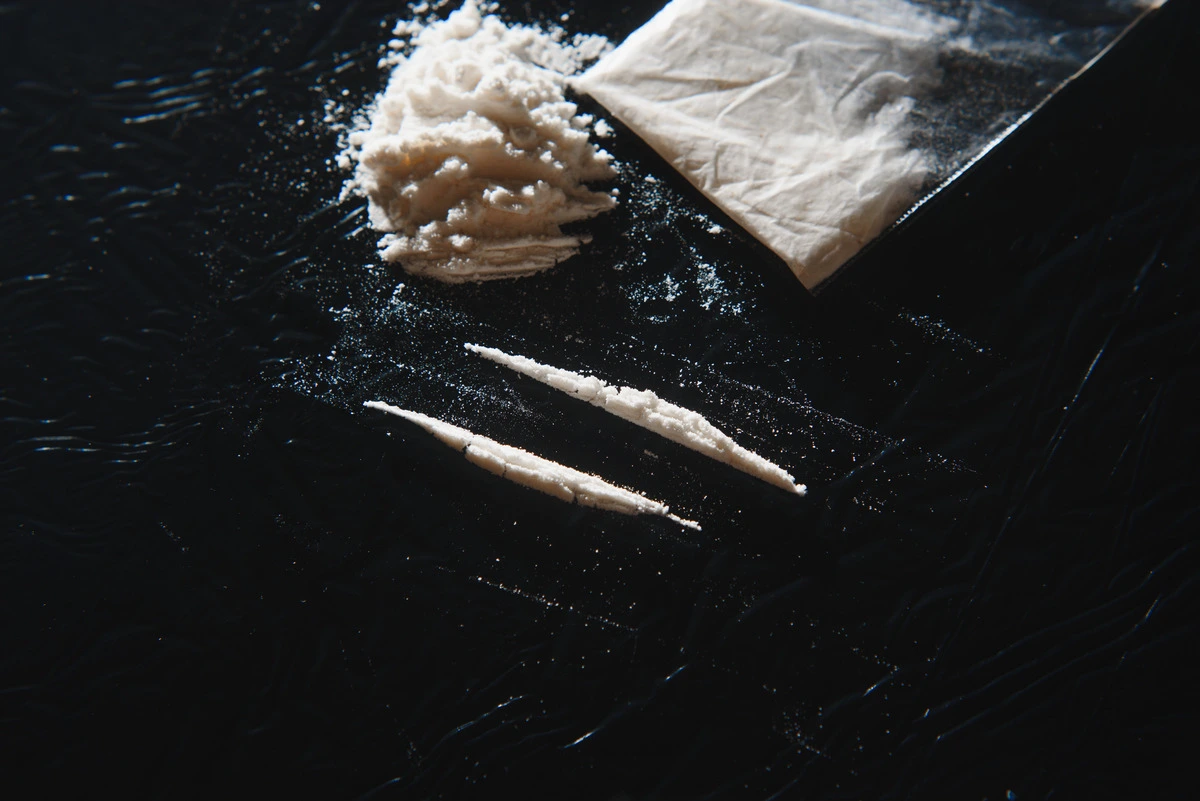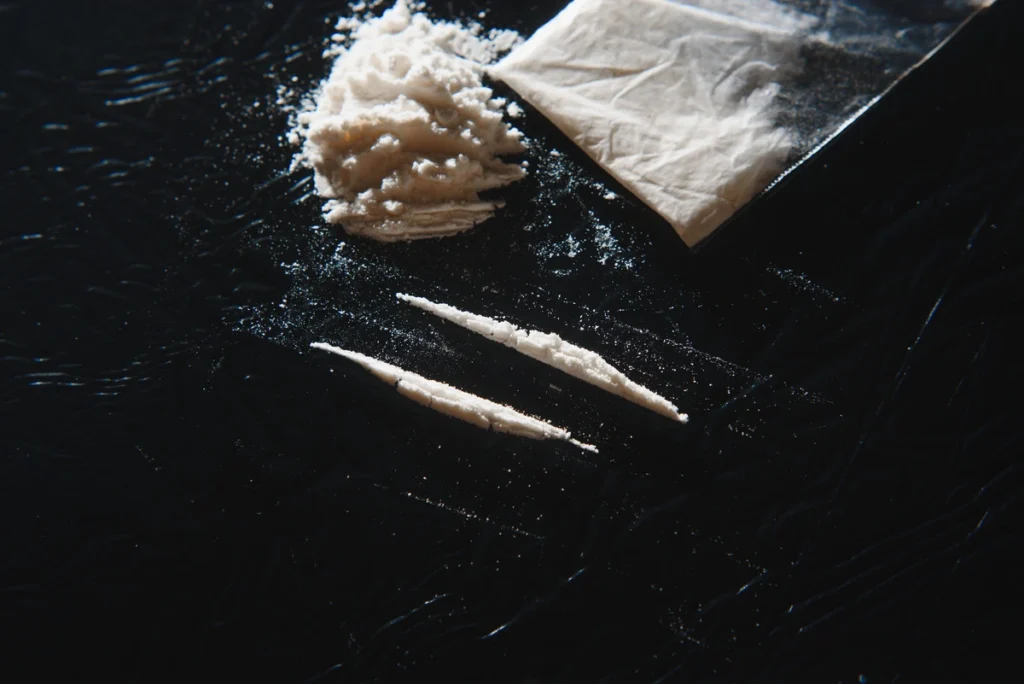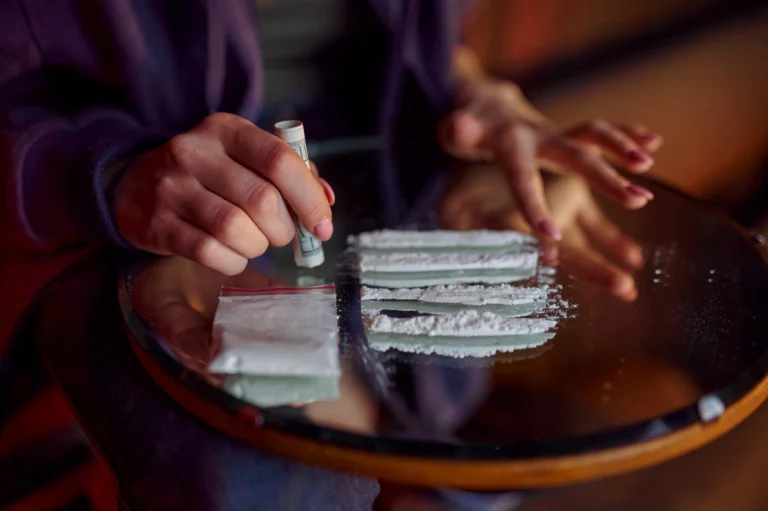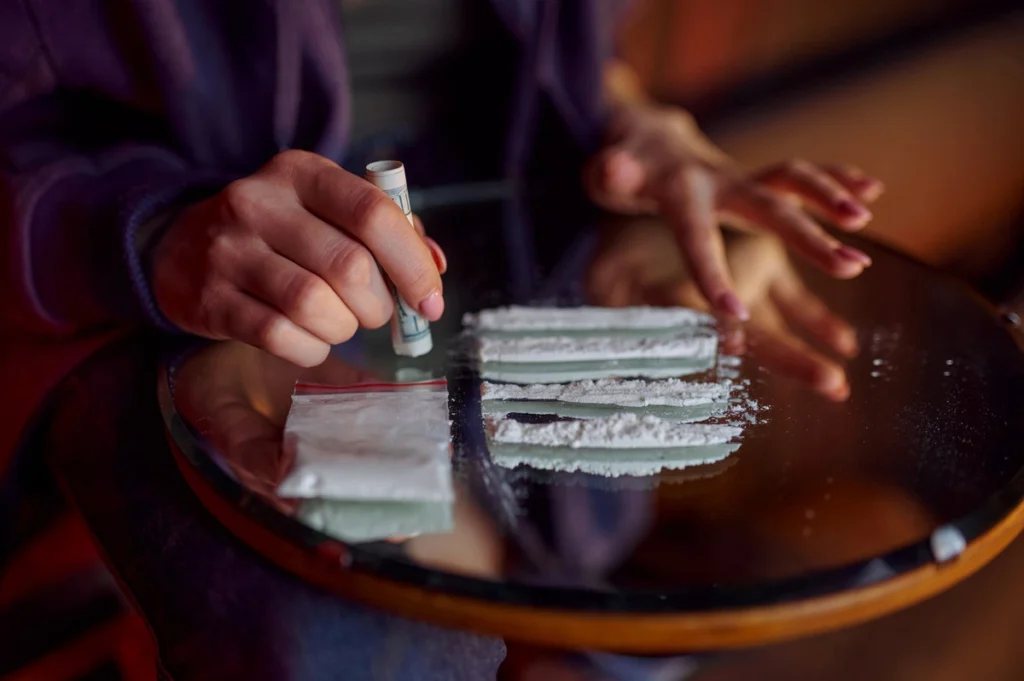
Cocaine is often glamorized in movies and media, but its reality—especially for women—is far from glamorous. While it’s sometimes seen as a “party drug,” cocaine use can quickly lead to dependence, damaging physical health, emotional well-being, and relationships. Understanding the unique ways cocaine affects women can be the first step toward recognizing a problem and finding the right help.
If you or someone you care about is using cocaine, this guide will walk you through what you need to know—and where to turn for support.
Anchored Tides Recovery offers specialized cocaine addiction treatment for women in Huntington Beach and throughout Orange County, California.
Understanding Cocaine: More Than Just a “Party Drug”
Cocaine is a highly addictive stimulant derived from coca plant leaves. It creates a temporary feeling of euphoria, energy, and confidence. However, what many don’t realize is how quickly cocaine use can spiral into addiction—especially for women, who may be more vulnerable to its effects.
Many women initially turn to cocaine in social settings, using it to feel more outgoing or to cope with emotional pain. But what starts casually can quickly lead to cravings, binges, and dependence.
Common Street Names for Cocaine You Should Know
If you suspect someone is using cocaine, understanding street names can help you pick up on hidden conversations or coded language. Cocaine goes by many nicknames, including:
- Blow
- Snow
- White
- Nose candy
- Flake
- Powder
- Rock (for crack cocaine)
Street names often vary depending on region and community. Recognizing these terms can be an early warning sign that cocaine use may be occurring—even if it’s not openly discussed.
What Does “An Eight Ball of Cocaine” Mean?
You might hear the term “eight ball” in conversations about cocaine. An eight ball refers to 3.5 grams of cocaine, a quantity larger than what’s typically used in one sitting.
Someone purchasing or using an eight ball may be showing signs of heavier, riskier cocaine use. It suggests regular or binge consumption rather than occasional recreational use—and can be an indicator that dependence is developing.
Why Cocaine Affects Women Differently
Research shows that cocaine interacts with a woman’s brain and body differently than it does with men. Some key differences include:
- Faster addiction development: Women often transition from initial use to dependence more quickly.
- Heightened sensitivity: Hormonal differences make women more sensitive to cocaine’s effects—and its damage.
- Greater mental health risks: Women who use cocaine are more prone to depression, anxiety, and trauma-related disorders.
- Different relapse triggers: Emotional stress, relationships, and self-image issues are often stronger relapse factors for women compared to men.
Recognizing these differences is critical for effective treatment and recovery.
Warning Signs of Cocaine Addiction in Women
Not sure if cocaine use has crossed the line into addiction? Some signs to watch for include:
Emotional and Mental Changes:
- Anxiety or panic attacks
- Sudden mood swings
- Heightened irritability or paranoia
- Depression after drug effects wear off
Physical Symptoms:
- Unexplained weight loss
- Frequent nosebleeds or runny nose (without illness)
- Insomnia or irregular sleep patterns
- Rapid heart rate and chest pain
Behavioral Changes:
- Increased secrecy and isolation
- Financial troubles without clear explanation
- Neglecting work, school, or family responsibilities
- Changes in friend groups or social circles

Why Women Need Specialized Cocaine Addiction Treatment
Women facing cocaine addiction have unique needs. Trauma, family responsibilities, societal expectations, and relationship pressures often influence how women experience addiction—and how they recover.
Specialized treatment for women offers:
- Trauma-informed care addressing underlying emotional wounds.
- Safe, supportive environments where women can heal without judgment.
- Focus on empowerment and rebuilding self-esteem, which cocaine use can deeply erode.
Struggling with cocaine use or feeling stuck in a cycle you can’t break?
At Anchored Tides Recovery, we offer compassionate, women-centered support to help you heal and reclaim your life.

Anchored Tides Recovery: Supporting Women Through Every Step
If you or someone you love is struggling with cocaine addiction, know this: You are not alone. At Anchored Tides Recovery, we specialize in helping women heal from the physical, emotional, and spiritual toll of addiction.
Located in beautiful Huntington Beach, we proudly help women across Orange County take the first step toward lasting recovery from cocaine addiction.
After completing detox and residential treatment, we also offer a Partial Hospitalization Program (PHP) designed to provide continued structure, support, and healing as you transition into the next stage of recovery.
Our comprehensive treatment programs blend trauma-informed therapy, medical support, life skills building, and community healing. We provide the tools you need to not just survive addiction—but to thrive beyond it.
Ready to reclaim your life?
Contact Anchored Tides Recovery today and take the first step toward freedom.
FAQs - Cocaine Use and Addiction in Women
Common street names for cocaine include blow, snow, white, nose candy, flake, and powder. Knowing these names can help identify potential hidden cocaine use.
An eight ball of cocaine refers to 3.5 grams of the drug. It often indicates heavier or more frequent use, which can signal a higher risk of cocaine dependence.

